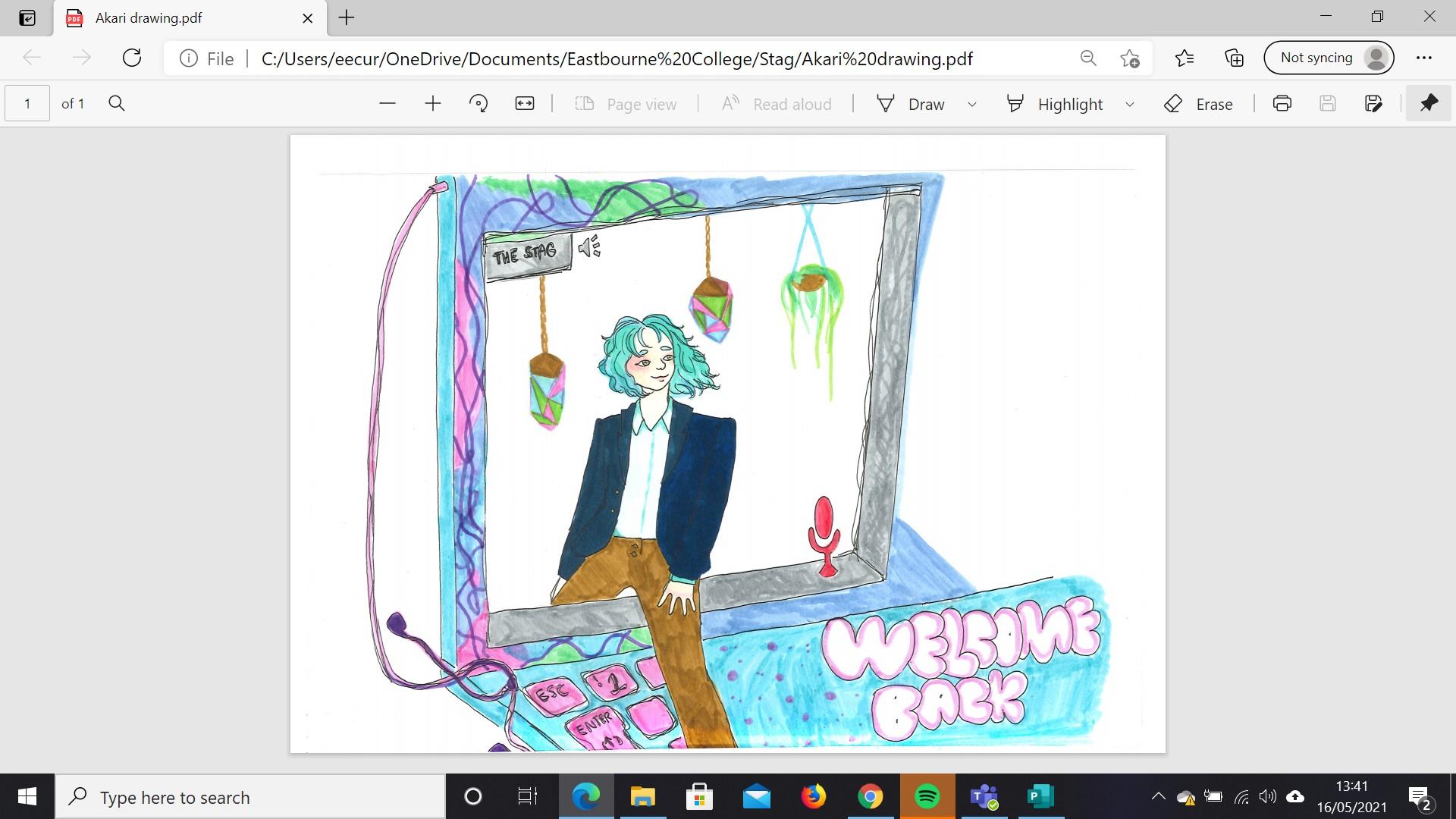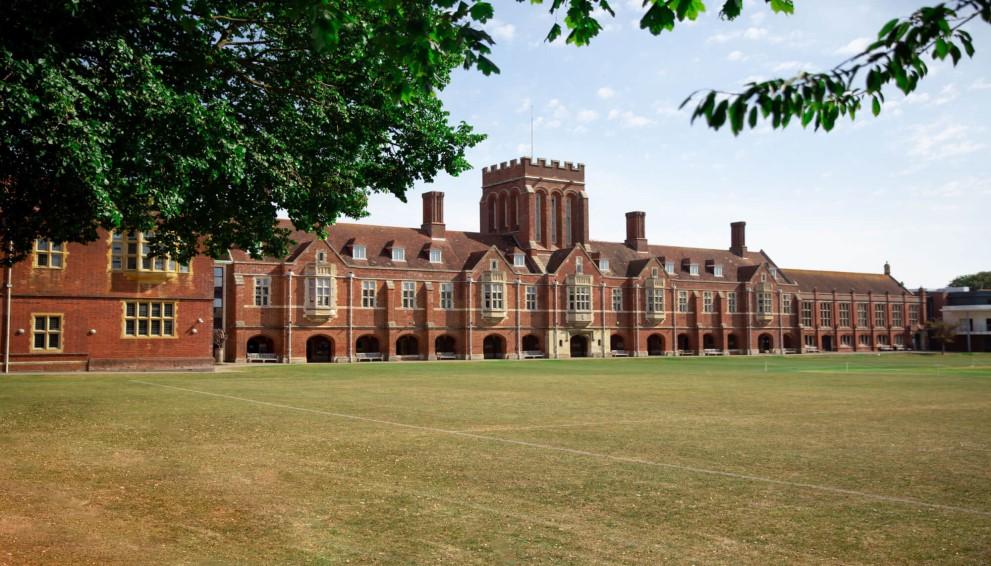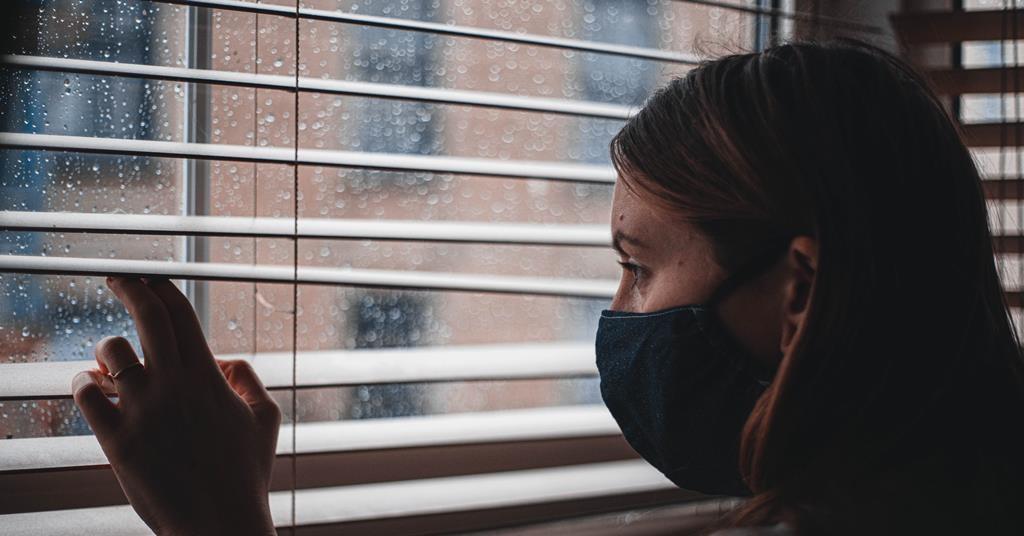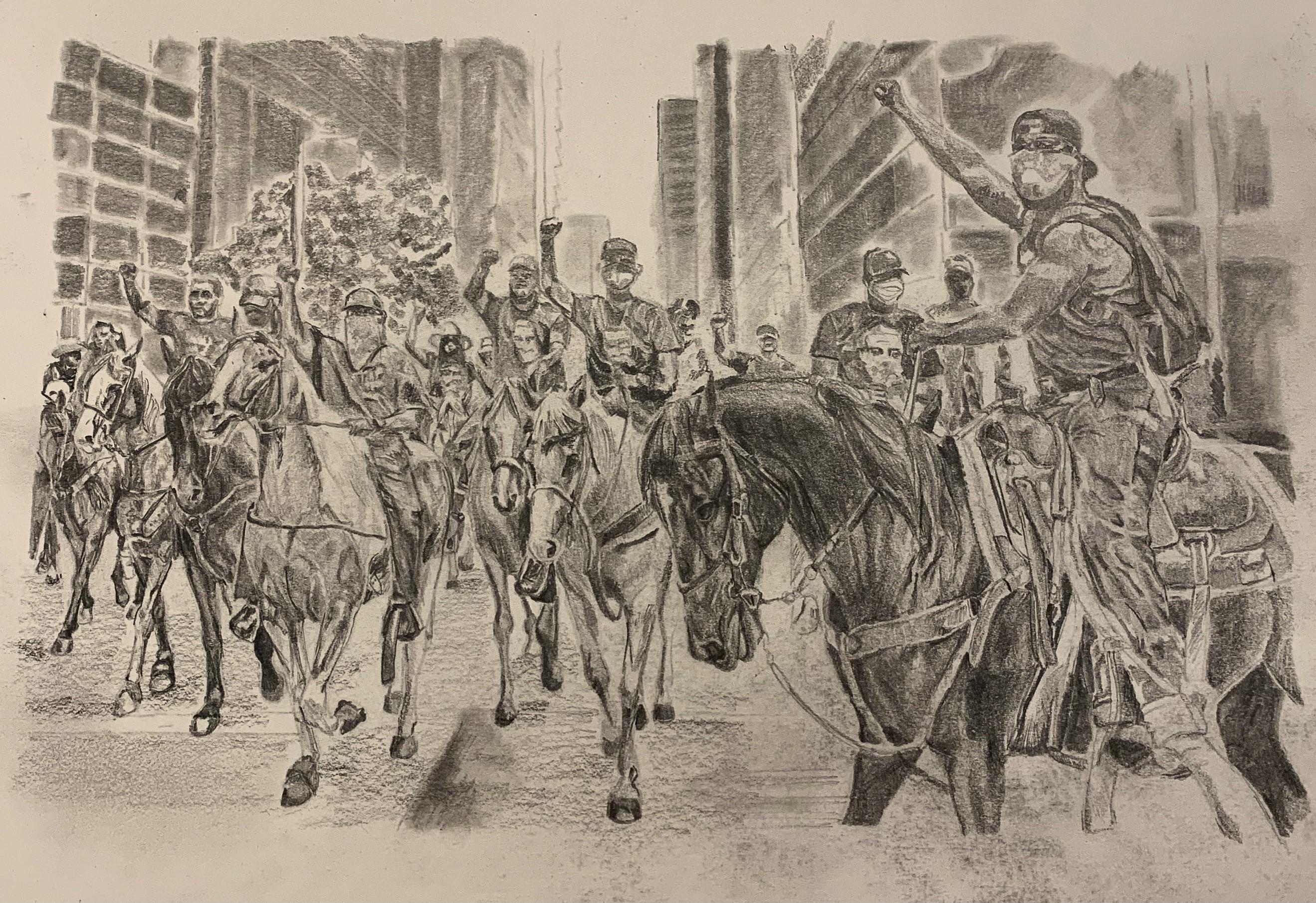BOOK REVIEW
‘Trust Me I'm a Junior Doctor’ This non-fiction book follows the experience of junior doctor Max Pemberton through the highs and lows of being a junior doctor on the NHS. It is an insightful book, depicting how it is to actually be a doctor without glamorising aspects of it. From this book I gathered that to choose to be a doctor isn’t just a job but also a lifestyle, one in which you get frequent on-calls and emergency patients. As things changed drastically for Pemberton throughout the course of his two years as a junior doctor, he had to learn how to adapt, even to push himself to do things that he didn’t want to do such as a six month surgical round in his first year as a junior doctor.
The ever-presence humour repeatedly offset the somewhat strenuous consequences socially and sometimes mentally of being a doctor
The ever-presence humour repeatedly offset the somewhat strenuous consequences socially and sometimes mentally of being a doctor, and at times where he wrote about when he’d wanted to quit, or how much he wished that he had the time to be with family or just how he wanted a holiday he did so in a funny way which made the book engaging and memorable. I think that this book should be read by anyone, not just those interested in medicine, because it gives an insight into a career which is often misrepresented in media and underappreciated. Although at least now after all the work done by healthcare professionals during this pandemic, people have gained a better appreciation for workers of the NHS.
But he also highlighted the rewards of being a doctor, such as helping elderly patients on a geriatric ward or seeing the instant change in the health of a patient post-surgery. A very poignant part was when he met one of his previous patients outside of work and saw how much they had recovered. This underlying pride of being a doctor and of making a difference helps me to see over the difficulties of the job that he also presented. Some of these difficulties were presented in a humorous way, such as accidently missing his sister’s birthday for work and then accidently waking her up by calling her to say happy birthday on his night shift. Yet other harrowing passages were unflinching. One specific section that has stuck with me was one in which an elderly man came to hospital with injuries which had resulted from not being cared for, specifically by being neglected, in his care home. In these situations and others, I realised that the role of the doctor can be broad but also limited. A doctor can help a patient gain better health but not help them with other aspects of their life as much as they want to- they have to maintain that professional relationship. Izehi Ebhohimen, Year 12, Nugent House











